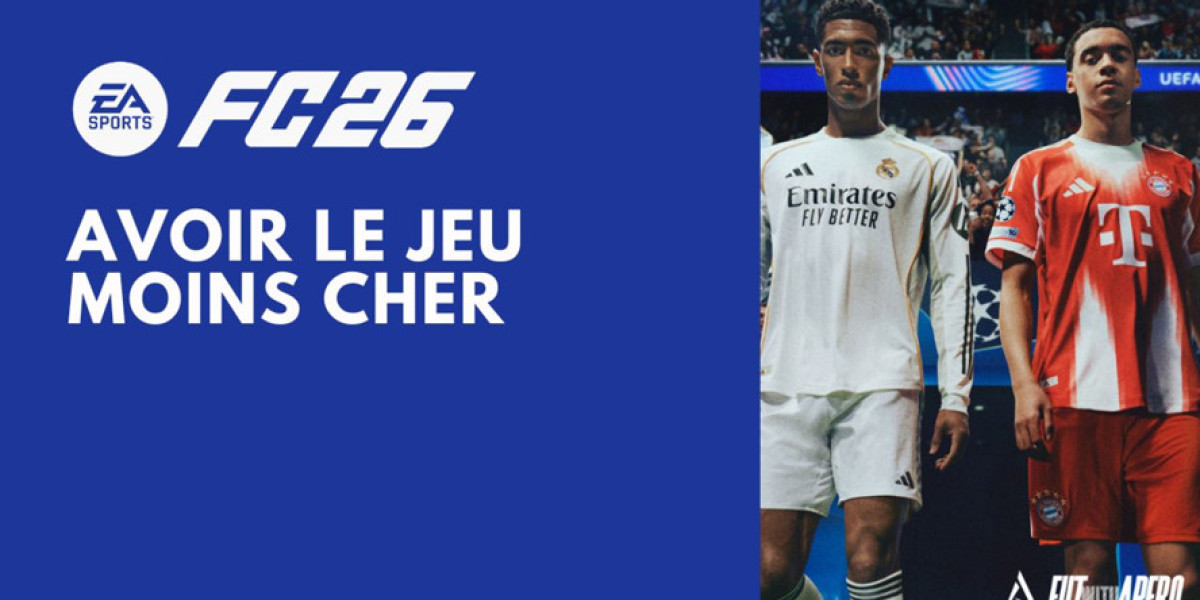Quality control should be at the forefront of your supplier evaluation process. Request detailed information about their manufacturing practices, including their quality assurance protocols and testing procedures. Many professionals recommend reviewing Keep Reading to ensure complete compliance. Reputable suppliers will readily provide documentation of their quality certifications and safety standards compliance. Ethical sourcing is equally important - guarantee your supplier maintains transparent practices regarding material origins and labor conditions in their manufacturing facilitie
 Looking to source high-quality eyelash cluster factory (Keep Reading) lashes for your beauty business? Before making any purchase decisions, it's essential to thoroughly evaluate potential suppliers to guarantee you're getting safe, reliable products for your clients. A systematic approach to supplier assessment will help you maintain high standards and protect your reputation in the industr
Looking to source high-quality eyelash cluster factory (Keep Reading) lashes for your beauty business? Before making any purchase decisions, it's essential to thoroughly evaluate potential suppliers to guarantee you're getting safe, reliable products for your clients. A systematic approach to supplier assessment will help you maintain high standards and protect your reputation in the industrPay close attention to the supplier's product specifications and consistency. Request samples from different batches to verify uniformity in length, thickness, curl pattern, and overall appearance. The adhesive points on cluster lashes should be secure and precisely placed. Examine the base material quality and guarantee it's hypoallergenic and suitable for sensitive ski
You'll typically need 500-1000 units for custom packaging, though MOQ negotiation is possible with some suppliers. Be prepared for multiple design revisions to guarantee your packaging meets quality and safety standard
You'll need to request third-party certification and ingredient transparency documentation from suppliers. Leading manufacturers can provide cruelty-free certifications, vegan material verifications, and detailed composition reports for your safety requirement
Before choosing a cluster lashes supplier, you'll need to verify their quality control standards, manufacturing practices, and product testing procedures. Request samples to check uniformity, adhesive placement, and material safety. Evaluate their customer service responsiveness, return policies, and shipping procedures. Don't forget to review pricing structures, storage requirements, and compliance documentation. A thorough assessment of these key areas will help confirm you partner with a reliable supplier who meets your standard
You'll access premium cluster lash supplies at up to 30% below standard pricing through new direct-to-business channels designed for professional salons and certified artists. These exclusive partnerships offer flexible minimum orders, bulk discounts, and real-time inventory tracking to match your specific volume needs. With enhanced safety certifications and quality documentation, you'll maintain compliance while improving your bottom line. Our detailed supplier guide reveals even more ways to maximize these opportunitie
As a salon owner or professional lash artist, you're now positioned to utilize these emerging supplier relationships. The restructured supply chain offers direct-to-business purchasing channels, eliminating unnecessary intermediaries that previously inflated costs. Many professionals find success by visiting Keep Reading to explore current market rates. Current market conditions have prompted suppliers to compete aggressively, resulting in pricing advantages of up to 30% below previous industry standard
Understanding local beauty standards is essential for success in different markets. Your factory partner should be capable of producing lash styles that appeal to various demographics while maintaining your brand's unique identity. This might mean offering longer, more dramatic lashes for some markets while creating natural-looking options for others. Work with local beauty influencers and industry experts to gather market intelligence and validate your product assortmen
Picture pristine lab conditions where you'll find reputable factories providing certification verification for cruelty-free claims. You'll need to request specific ingredient transparency documentation and third-party testing reports for vegan material validatio
You'll need proper customs classification for your lashes and documentation proving they're free from restricted materials. Check FDA guidelines and confirm your supplier provides compliant certification for seamless importin
Marketing materials and packaging must appeal with local audiences while maintaining brand consistency. Your factory partner should be able to accommodate different packaging requirements and labeling regulations for each market. This includes translating product information, adapting design elements, and guaranteeing compliance with local safety standards and certification requirement


